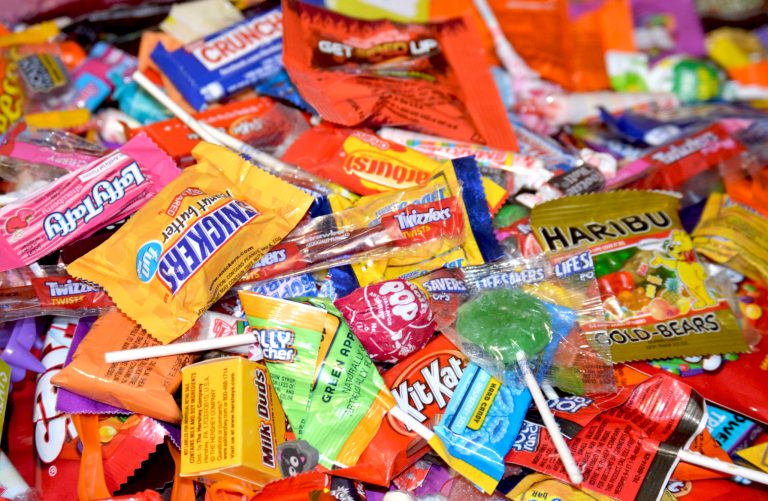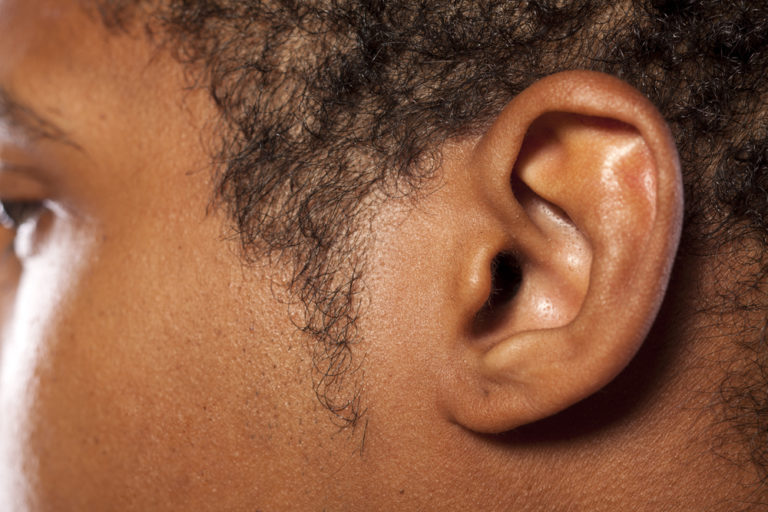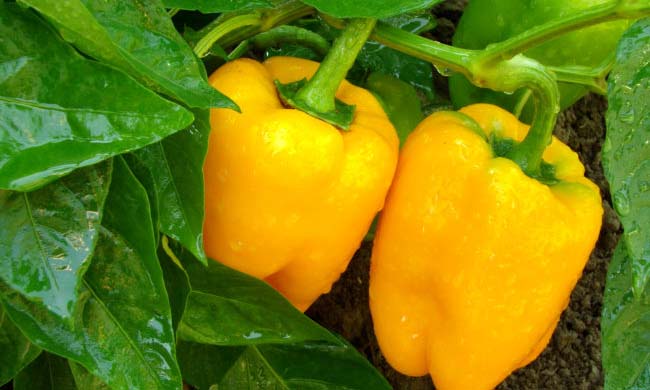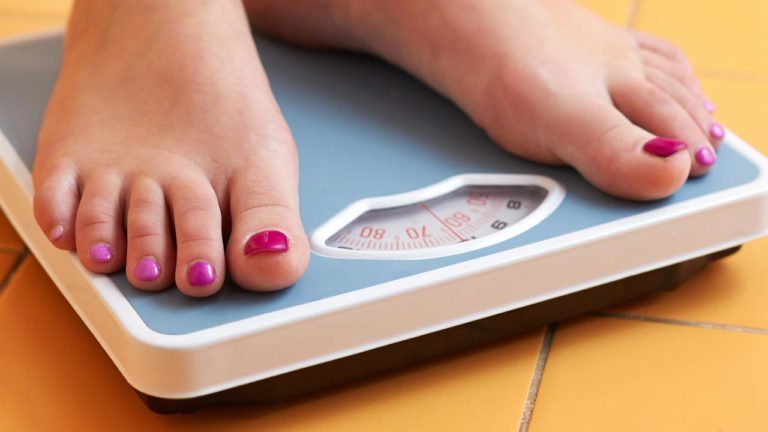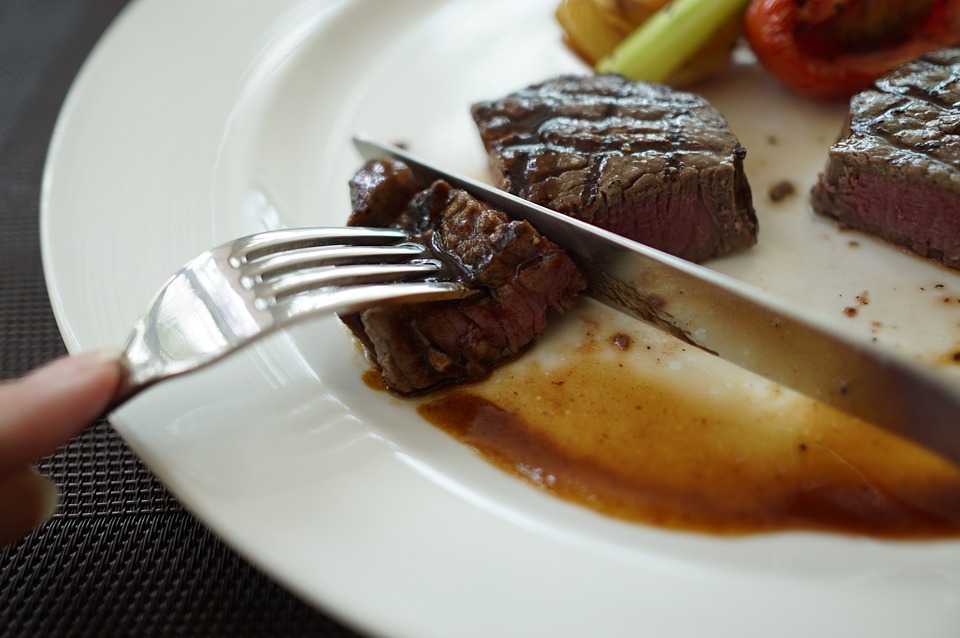
Every person’s dietary needs are different, but if you’re noticing these effects, it might be time to cut back on animal products.
You could feel sleepy
Protein is known for giving you lasting energy, so you might be surprised when a meat-heavy diet actually leaves you dragging. While protein sticks with you because it takes a while to digest, it won’t give you the most immediate boost.
That prize goes to carbohydrates: They break down into the body’s most readily available energy source, glucose, says registered dietitian nutritionist Caroline Passerrello, MS, RDN, LDN, spokesperson for the American Academy of Nutrition and Dietetics.
Because your brain can only use glucose for energy, its energy supply can lag when your diet features slow-to-digest protein. The fuel is “taking a little longer to get to your brain, so you’re a little less focused,” says Passerrello. The same is true for muscles, which also run on glucose, she points out. The result: fatigue and brain fog.
Your hair and skin might not look their best
If you’re overdoing your meat portions, there’s a good chance you’re skimping on other food groups. Vitamin C is rarely found in animal products, so if you’re eating meat in place of produce, you could become deficient. Vitamin C plays a role in forming collagen, a protein that gives structure to skin, hair, nails, bones, and more.
If you’re deficient, you might notice changes in your body, says registered dietitian nutritionist Jenna Braddock, MSH, RD, CSSD, LDN, founder of MakeHealthyEasy.com. “Your skin could be rough and bumpy. You might see some interesting body hair growth,” she says.
Passerrello adds that her clients have raved about how much better their skin looks after cutting back on animal products to make room for a more plant-based diet. Braddock recommends eating dark, leafy greens every day—a cup of kale alone packs in more than a day’s worth of vitamin C.
You could get sick more often
Your skin isn’t the only place you’ll see a vitamin C deficiency. If you feel like you can’t kick a cold, you might want to tweak your eating habits. “If you’re on a keto diet, you’re probably not eating much fruit, which is one of the best sources of vitamin C,” says Braddock. Luckily, you can get the nutrients you need from vegetables, too, like broccoli and peppers.
You could get constipated
Meat has next to no fiber, which you’d normally get from fruits, veggies, and whole grains. Constipation and painful bowel movements are some of the first signs you’re lacking in fiber, says Braddock. Get your system regular again by adding in healthy carbs like whole grains or—better yet—fruits and veggies.
“Going back to fruits and vegetables is one of the best ways to get fiber because you’re also getting really wonderful nutrients along with it,” says Braddock.
Your heart could be in danger
Another benefit of fiber is that it helps keep your body from absorbing cholesterol, which can protect your heart. If your meat choices are red and processed meats—especially if it’s at the expense of produce, whole grains, and other fiber sources—their toll on your ticker is even worse.
Those types of meats are high in saturated fats, which research suggests raises “bad” LDL cholesterol and in turn raises the risk of heart disease. Braddock points out that new research questions whether all saturated fats are unhealthy, but the evidence on processed meat like salami, hot dogs, and bacon is pretty grim—these choices are clearly hard on the heart.
The American Heart Association recommends limiting saturated fats 5 to 6 percent of total calories, or 13 calories in a 2,000-calorie diet.
Your body will have to battle inflammation
The saturated fats in meat can boost inflammation in the body, research shows. Plus, meat is severely lacking in inflammation-fighting antioxidants compared to produce.
“The reason there’s a recommendation for people to ‘eat a colorful diet’ is each of those colors you find in fruits and vegetables as pigments is a different group of antioxidants that do different things and benefit the body in different ways,” says Braddock.
To make sure you’re getting enough, she recommends adding one extra fruit or vegetable every day. Set a goal of having at least two cups at dinner and lunch, one cup at breakfast, and extras as snacks, she says.
You’re more likely to develop kidney stones
Excessive protein can take a toll on your kidneys. Specifically, animal-based proteins are full of compounds called purines, which break down into uric acid; too much uric acid increases the risk of kidney stones, says Passerrello. Most people shouldn’t have too much trouble breaking down the proteins, she says, but watch your intake if you have a family history of kidney trouble.









